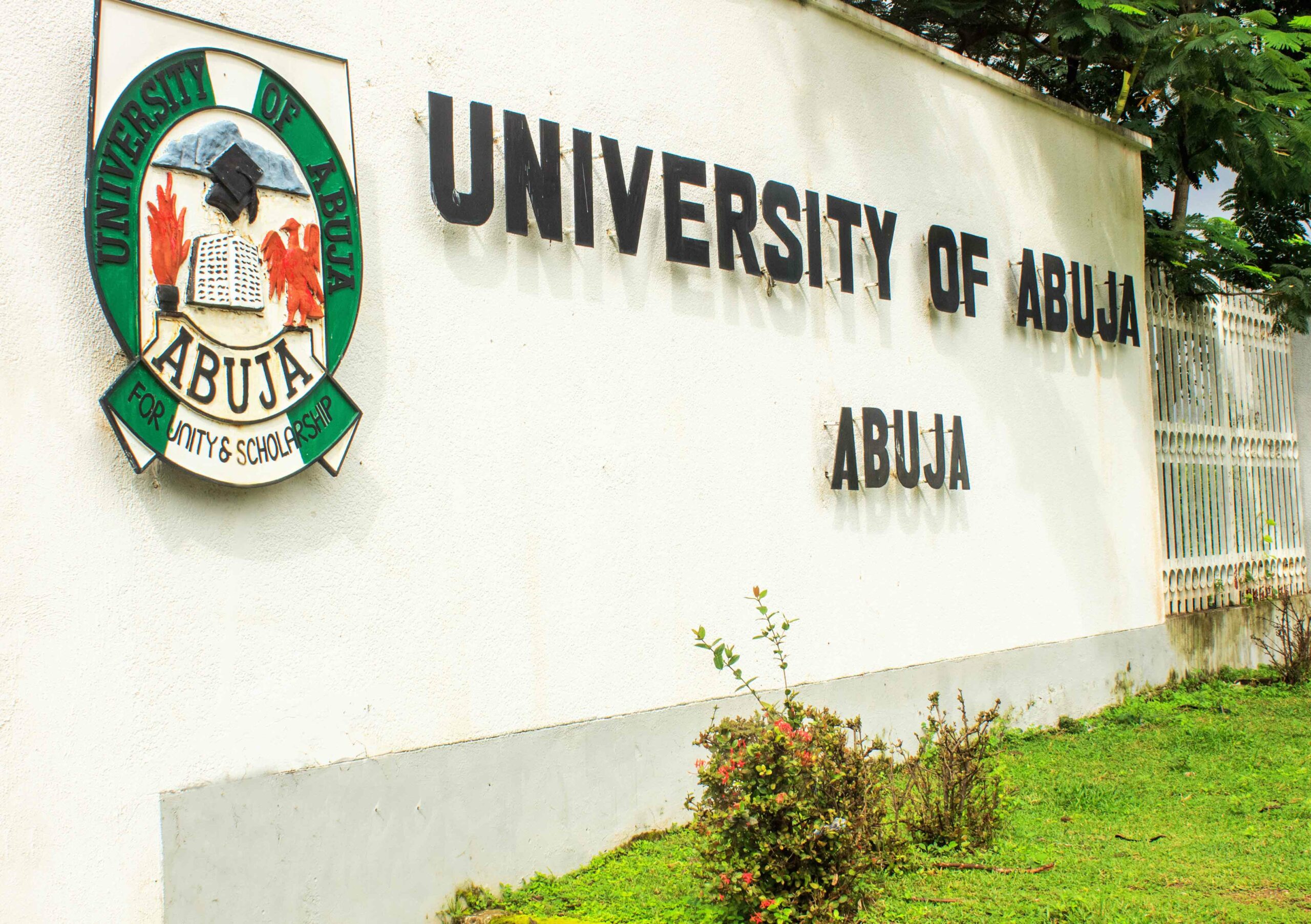UniAbuja to begin Master’s degree in diabetes education
The first cohort of students on a new Master’s degree in Diabetes Education at the University of Abuja will commence their studies on Thursday. A statement from the university and signed by Dr Habib Yakoob said the 18-month, dual learning MSc DME in Diabetes Education sets a new standard in the continent’s health education landscape. […]

The first cohort of students on a new Master’s degree in Diabetes Education at the University of Abuja will commence their studies on Thursday.
A statement from the university and signed by Dr Habib Yakoob said the 18-month, dual learning MSc DME in Diabetes Education sets a new standard in the continent’s health education landscape.
It said 18 students had been pre-selected for the curriculum developed in partnership with Diabetes Africa, a non-profit network of experts.
The statement said, “Students for the new programme include physicians, pharmacists, dieticians, nurses, senior academic staff as well as an ophthalmologist and a dermatologist.”
- Flood water takes over schools, business premises in A/Ibom
- 10th Senate: Akpabio’s supporters, ex-APC spokesman urge Yari to concede to S/South
The statement said the initiative was timely as recent studies estimate the prevalence of Type 2 diabetes mellitus, a common form of diabetes, to be 5.7% in Nigeria, equating approximately to six million people aged 15-64.
Felicia Anumah, Professor of Medicine, Endocrinology and Diabetology, and Director of the Centre for Diabetes Studies at the university described the initiative as “representing a major milestone for the University and for health education in Nigeria,” adding that “Trained diabetes educators are a key component of a well-rounded, quality and cost-effective diabetes care strategy.”
The Vice-Chancellor, University of Abuja, Professor Abdul-Rasheed Na’Allah, said, “When trained as diabetes educators, healthcare professionals can transfer invaluable knowledge to people living with diabetes to help them manage their conditions in the community outside of a medical environment.”
